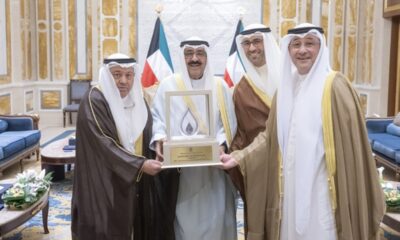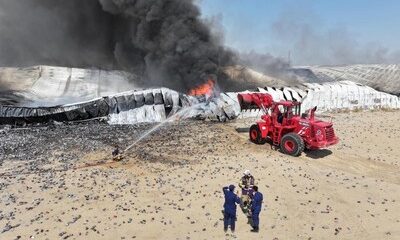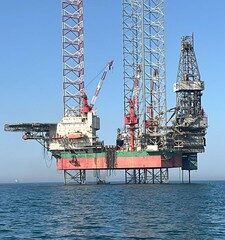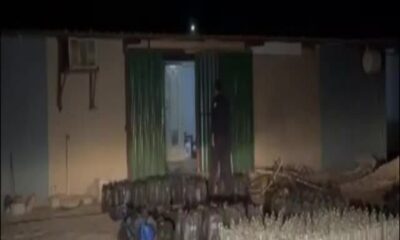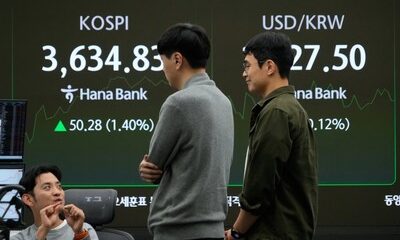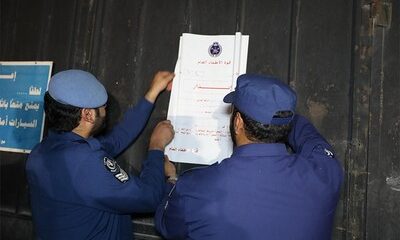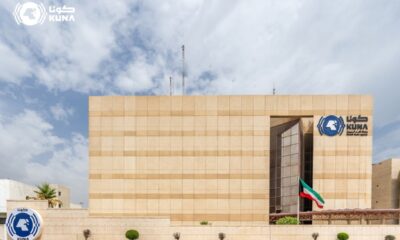KUWAIT: A rich dialogue unfolded on Sunday at the closing ceremony of the Second Hiroshima-Nagasaki Atomic Bomb Poster Exhibition at the Contemporary Art Platform, as Kuwaiti and Japanese experts exchanged reflections on peace, memory, and the potential for deeper cultural and technological collaboration. “Hiroshima’s vibrant culture, refined traditions, and innovative spirit remind us of the enduring value of peace,” said Japanese Ambassador to Kuwait Mukai Kenichiro, highlighting how the city, globally known as a symbol of peace, is also a thriving center of craftsmanship and creativity.
“From cutting-edge industries to traditional arts and cuisine, Hiroshima continues to preserve its past while driving future innovation. We see strong potential for partnerships with Kuwait in business, technology, tourism, and the creative industries.” Dr Hasan Ashkanani, Professor of Anthropological Archaeology at Kuwait University and Consultant for Archaeology and Museum Affairs at the National Council for Culture, Arts and Letters (NCCAL), shared insights from his recent training in Hiroshima and Tokyo on advanced 3D documentation techniques for preserving archaeological heritage.
He announced that Kuwait will host its first Japanese expert from June 20 to 25, who will lead training sessions for students, NCCAL staff, and IT professionals on applying these techniques to sites such as Failaka. “We have over 1,000 archaeological sites, and we want to introduce them to our people and the world in advanced, virtual formats,” he said.
He recalled standing in Hiroshima Peace Memorial Museum, pausing at a preserved piece of fish skin, and being struck by a powerful memory. “It reminded me of 1990. I was eight years old. We share the same feeling of injustice. August 1945 and August 1990 are tied by pain — 250,000 lives lost in Japan, over 700 in Kuwait during the invasion.” Ashkanani’s visit also revealed how Hiroshima now uses virtual reality to recreate the bombing experience. “That was one of the main reasons I went. I wanted to bring this to Kuwait — to tell our stories and preserve our memory in interactive, immersive ways.”
Dr Hamed Al-Ajlan, former Director of Scientific Culture at KFAS, also reflected on his visit to Hiroshima. “I expected a very sad city,” he said, “but I found it beautiful and full of flowers.” At the Peace Museum, one moment stayed with him: a watch belonging to a soldier, its hands frozen at 8:15 — the moment the atomic bomb fell. “By the time I left the museum, I cried,” he recalled. “But Hiroshima is much more than tragedy. There’s industry, culture and resilience behind it.”
Adding a business perspective, Shotaro Kobayashi, President of BIZRES Co. Ltd. and board member of the Hiroshima Entertainment Association, highlighted that while Hiroshima is often viewed through the lens of its past, it is also home to thriving industries — including automobiles, furniture, and food. “Connections with the Middle East, especially Kuwait, remain limited,” he said, “but the potential is there.”




